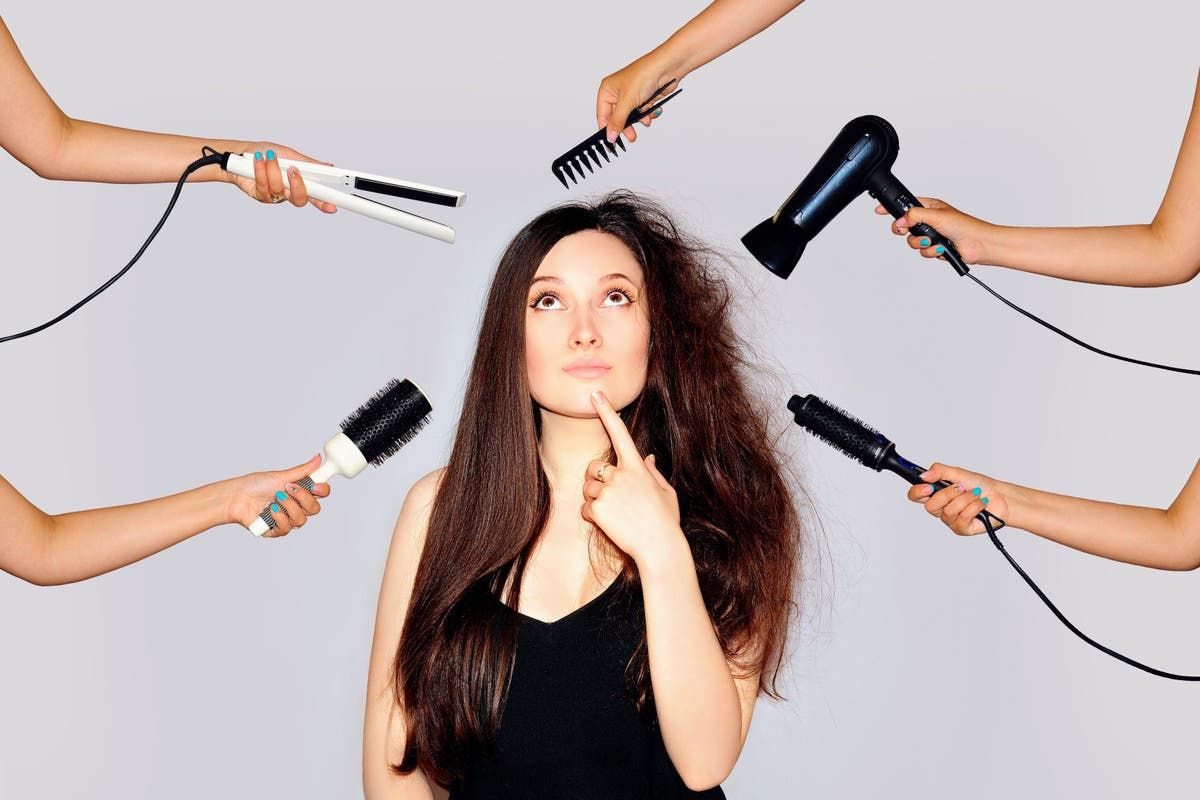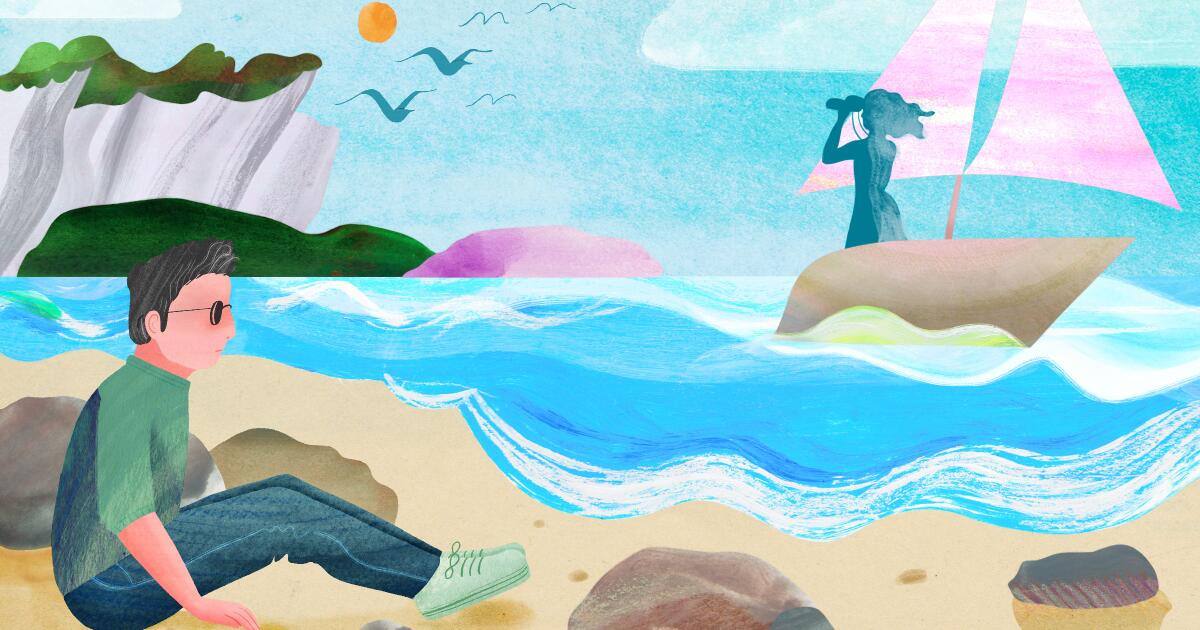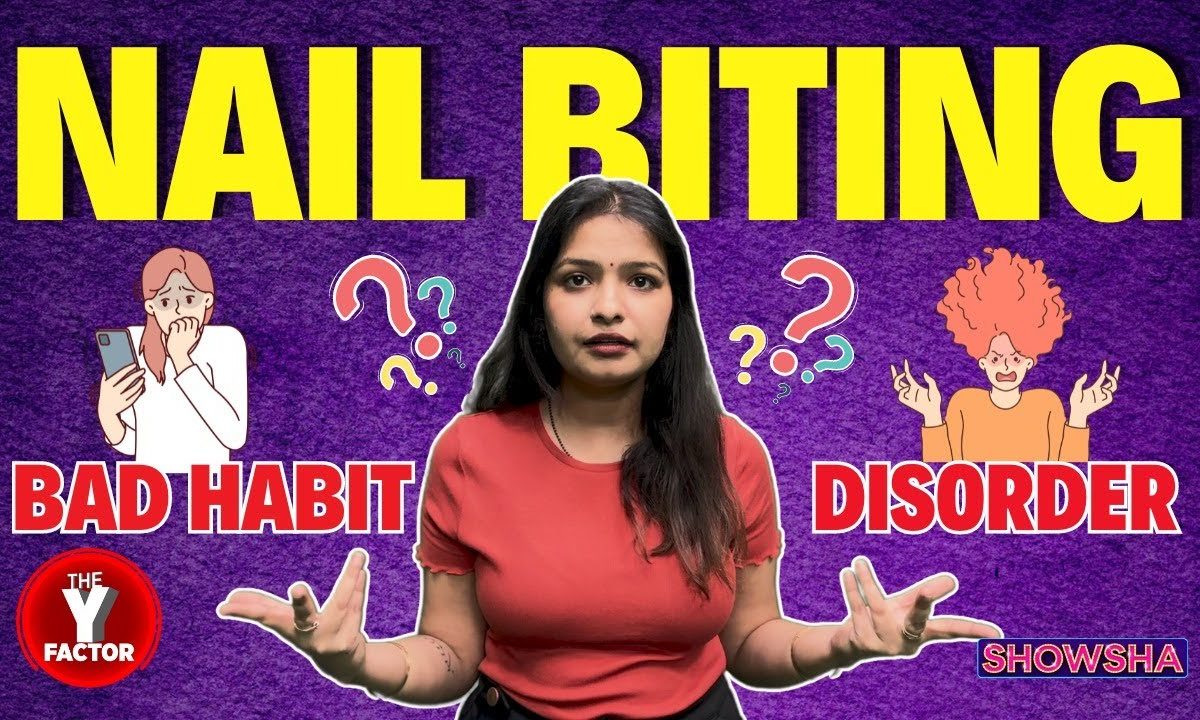If your locks are looking lackluster, you need to calm your itchy scalp and fix those split ends before spring arrives—there's no time like the present.
“It's extremely common for people to experience hair damage in winter and the colder months,” says Nicola Wood, leading hair professional, entrepreneur and founder of Hair Made Easi.
“Cold weather during the winter months can be extremely hard on hair: as temperatures drop, the air becomes drier, causing hair to receive less moisture.”
When air absorbs all the moisture from the scalp, she says hair can become dehydrated, brittle, dull and lifeless.
“Hair needs moisture and nutrients to grow and stay healthy, so the winter months can be detrimental to hair health,” notes Wood.
Here, experts reveal how to brighten your crowning glory…
get a cut
“The first thing is to get a trim to eliminate split ends,” says Anabel Kingsley, trichology consultant and brand president of Philip Kingsley.
“There is no cure for split ends and cutting them is the only way to get rid of them. This will give you a healthier foundation to work from and prevent splits from traveling up the hair shaft and causing further damage,” warns Kingsley.
After doing this, and to prevent those splits from appearing again, the following steps will improve the health of your hair from roots to ends…
Use an intensive hair mask
Styling with higher heat can leave hair dry and brittle, Kingsley notes.
“Many women heat style their hair more frequently in the winter for a variety of reasons. For example, you may have found it too cold to leave the house with wet hair, or you may have had work or social events that warrant extra trips to your salon to dry your hair.”
To help restore hair's hydration, strength, and shine, she recommends using a weekly pre-shampoo deep conditioning treatment to hydrate strands. This will also “seal the outer cuticle, giving a beautiful reflective shine.”
Air dry when you can
As we move into the warmer months, try giving your hair a break from hot tools by air-drying it whenever you can, suggests Kingsley. “Accept any movement in your hair by gently squeezing it with a curl-defining cream.”
Wood agrees: “Heat is often the main cause of hair damage, as it can dry out the hair follicle and also burn the scalp. Try to let your hair air dry whenever possible.”
“I always recommend using an extra-absorbent hair towel to eliminate the need for a hair dryer,” suggests Wood. Choosing one made from a soft, anti-frizz microfiber material is “perfect for brittle hair in winter.”
If you need to use a hair dryer, it is recommended to avoid using the highest temperature as this can cause damage and disrupt hair growth. “Choose the lowest temperature and be patient.”
“Other tools like hair straighteners, curling irons, and curling irons can also damage your hair, so try to use them only when necessary,” advises Woods. “And when you do, definitely use a heat protective spray or treatment beforehand.”
As a technical tip, Kingsley recommends holding the dryer at least six inches away from your hair and using a vented brush to help with heat dissipation.
“Also, turn off the heat when your hair is 'just dry'; don't go over areas repeatedly to straighten it,” she adds.
“If you notice that your hair is still frizzy after drying it, try applying an anti-frizz serum before (and after) to help combat flyaways.”
Give your scalp some extra love
Flaky scalp is common, but even more so in winter…
“Cold weather, blustery winds, central heating and stress can all aggravate our scalp,” Kingsley points out. “Our scalp is the home of our hair follicles, so its overall condition is very important for healthy hair growth.”
“Peeling of the scalp can cause hair loss and also affect the quality of the hair we produce,” he warns. “Revive and refresh your scalp by using a weekly exfoliating scalp mask and overnight balancing serum.”
Wood also highlights the importance of maintaining a balanced scalp by giving it the attention it needs: “While many people focus on the ends of their hair to create that perfect finish, in reality your hair will not grow healthy or stay strong in winter if the scalp is irritated and malnourished.”
She says healthy hair starts at the roots, so taking care of your scalp is vital, especially in winter. “Also remember to apply all products to the scalp and ends; Many people avoid the scalp when it comes to using oils and masks as they assume this will promote oiliness.
“However, the scalp is where hair strands receive their nutrients,” advises Woods.












